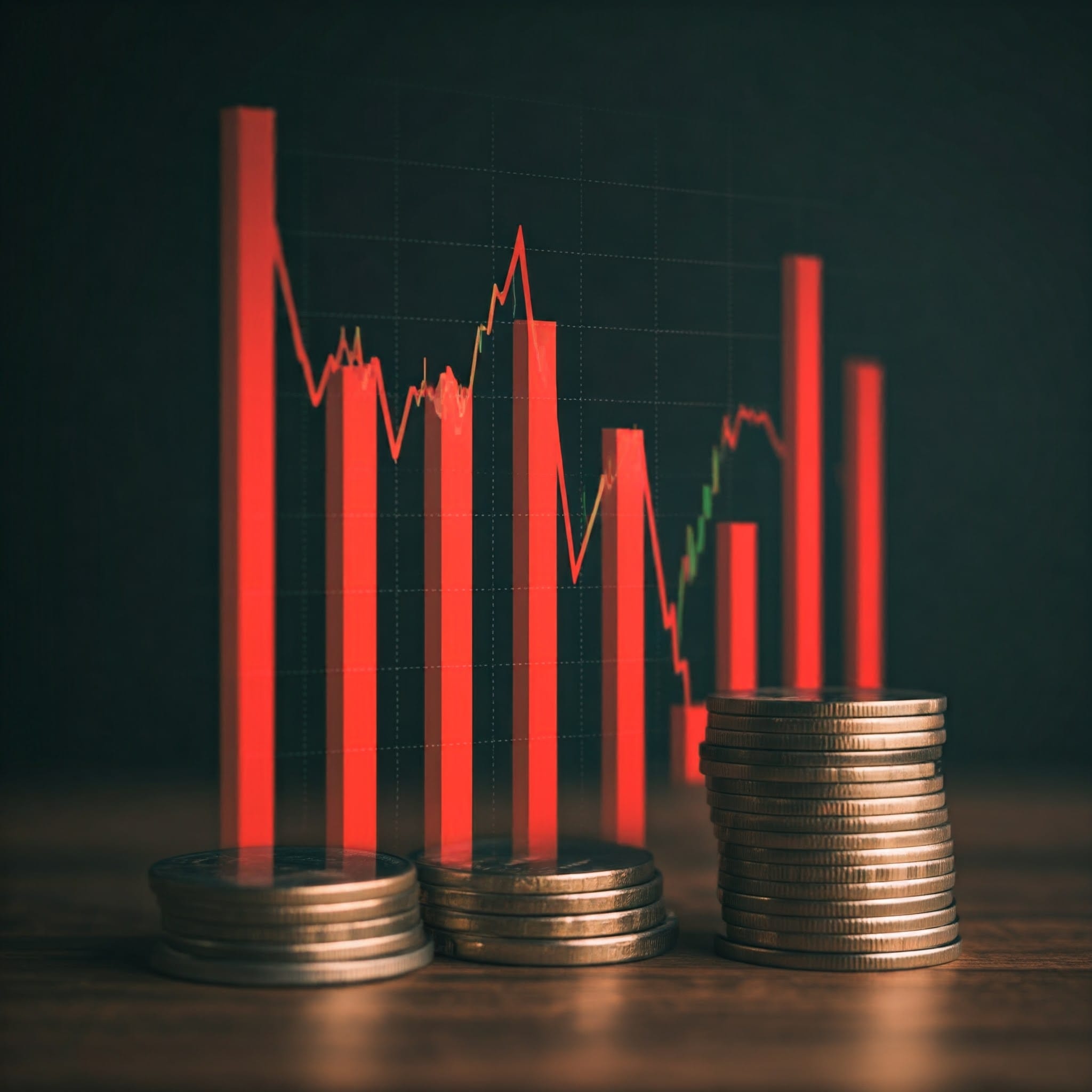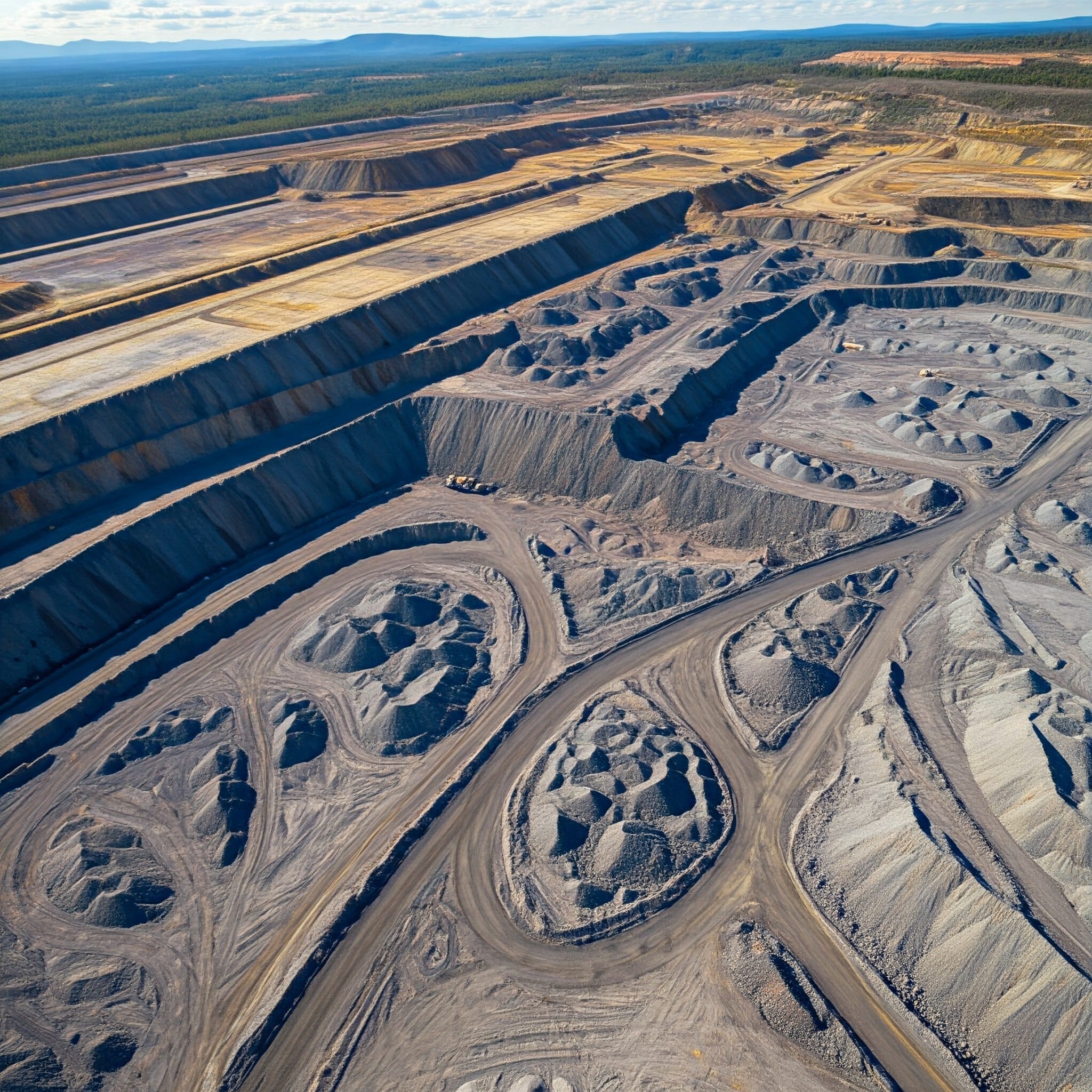The Adani Group, led by billionaire Gautam Adani, has become a global giant with diverse interests, including energy, infrastructure, and logistics. Despite its successes, the conglomerate has faced intense scrutiny, allegations of malpractices, and public protests across various countries. Below is an overview of the group’s key challenges:
1. Environmental and Social Backlash
- Australia (Carmichael Coal Mine): The Carmichael project in Queensland became a global environmental flashpoint. Critics highlighted its impact on the Great Barrier Reef and Indigenous communities, alongside concerns over its contribution to global carbon emissions. Years of protests and financial setbacks led Adani to scale down and self-finance portions of the project.
- Bangladesh (Godda Power Plant): Unfavorable terms of a power purchase agreement that forced Bangladesh to buy expensive electricity generated from imported coal, raising concerns about environmental impact and economic fairness.
2. Governance and Transparency Issues
- Hindenburg Report Findings: Earlier this year, a U.S.-based short-seller accused Adani of stock price manipulation and use of offshore tax havens. The allegations brought global attention to governance weaknesses and lack of transparency within the group. The fallout affected investor confidence, with Adani stocks experiencing significant losses.
- US Indictment: In November 2024, Gautam Adani and seven other executives from the Adani Group have been formally charged with criminal offenses in the United States. They are accused of paying over $250 million in bribes to Indian officials.
3. Controversial Infrastructure Projects
- Sri Lanka (Colombo Port Terminal): A planned $500 million investment was canceled after protests citing fears of excessive Indian influence on Sri Lankan infrastructure.
- Kenya (JKIA Airport Lease): Adani’s bid to lease and upgrade Nairobi’s Jomo Kenyatta International Airport faced criticism for potentially compromising Kenya’s sovereignty and economic interests. Concerns mirrored past controversies like Sri Lanka’s Hambantota Port, leased to a Chinese firm under unfavorable terms.
4. Mixed Successes in Africa
- Mozambique (Nacala Port): One of Adani’s successes includes the Nacala Port project, which improved regional trade connectivity. However, skepticism persists over its ability to navigate Africa’s complex political and economic landscapes.
- Renewable Energy Initiatives: Adani’s foray into renewable projects in Africa (e.g., solar farms in South Africa and Ethiopia) aligns with global trends but remains limited in scope and track record.
5. Challenges with Financing and Related-Party Transactions
- Complex Financing Structures: Adani’s reliance on promoter-level loans, share-backed financing, and related-party transactions has drawn criticism from global financial agencies. Limited public disclosures make assessing risks difficult.
- Global Bank Rejections: International banks have often declined to finance Adani projects, citing environmental and governance risks. This has forced the group to rely on alternative funding sources.
Broader Implications and Lessons
Adani’s rapid expansion into diverse geographies and industries has positioned it as a significant global player. However, its controversies underscore the risks associated with governance lapses, environmental non-compliance, and geopolitical sensitivities. Countries hosting Adani projects must negotiate terms carefully to balance economic gains with sustainability, sovereignty, and public interest.
While Adani’s growth mirrors India’s ambition to emerge as a global economic powerhouse, it also highlights the challenges of scaling operations in an increasingly scrutinized international business environment.


